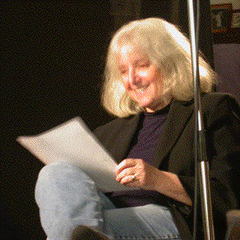There are many misconceptions about memory influencing psychotherapy practice. Its time for us psychologists to integrate new findings in memory research with our daily practice. This is essential, to protect our clients and patients from the mysterious memory fabrications of older psychology practice. The following arrived in my inbox a few days ago.
Michael Lovitch from The Hypnosis Network, interviewed Dr. Andrew Yonelina, Human Memory Lab at University of California, Davis, finding support for the position taken by contemporary scientists: Memories are Constructed.
"Memory research has demonstrated beyond a doubt that the 'audio recorder' view of memory is wrong. The first person to clearly point that out about 100 years ago was Sir Fredric Bartlett. He showed how memories do change every time we recall them, and he argued quite convincingly that the act of remembering is a constructive process, full of inferences and distortions. One classic example was a study called the 'war of the ghosts' where a story about ghosts is told to subjects who have to retell it. He found that they changed it to fit their existing knowledge, and it was this revised story which then became incorporated into their memory.
There is also a nice study by Neisser & Harsch (1992) who looked at people's memory accuracy for the Challenger crash, which was a very traumatic event for many people who profess very high confidence about their memory for these 'flashbulb' like memories. Neisser & Harsch looked at their reports 24 hours after the crash, and then again 2 years after the crash, and found that 40% of subjects reported dramatic distortions in their delayed final memory reports even when they were highly confident about these false memories.
If you are interested in a more detailed discussion of this point, there is a book by Dan Schacter called The Seven Sins of Memory: How the Mind Forgets and Remembers that reviews the most recent literature on this. If you are not already depressed about how error-prone memory can be, then you will be after reading that book."
(Here's the study Dr. Yonelinas mentioned: Neisser, U., & Harsch, N. (1992). "Phantom flashbulbs: False recollections of hearing the news about Challenger." In E. Winograd & U. Neisser (Eds.), Affect and accuracy in recall-Studies of "flashbulb" memories: Vol. 4. Emory Symposia in Cognition (pp. 9-31). Cambridge, England: Cambridge University Press.)
Subscribe to:
Post Comments (Atom)


No comments:
Post a Comment